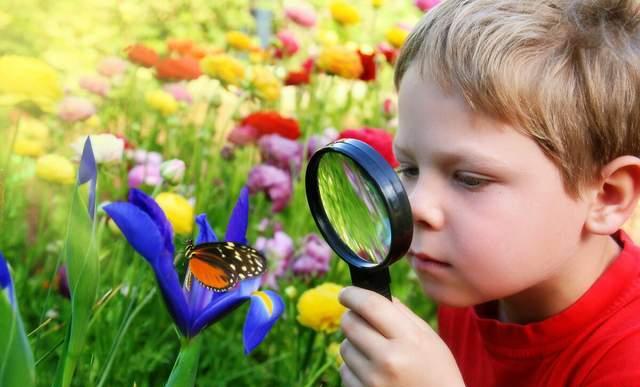Life is education, and education is applied to life, the purpose of our education is to hope that children will develop healthily and harmoniously in body and mind, have their own foothold in society, and live a better life.
Nowadays, many parents pay too much attention to their children's knowledge learning and reserves, but often ignore the importance of life education, educate in life, find the educational value in life, use the things around them to randomly generate education, and apply the knowledge learned in education to life, thereby promoting the improvement of children's emotions, knowledge, ability and other aspects, such life education is an indispensable link in the process of children's comprehensive development.

When Mr. Tao Xingzhi put forward the theory of "life is education", he once advocated that education and practical life should be combined, opposing dead reading and reading dead books, and paying attention to children's creativity and independent ability.
What are the situations in life that are suitable for life education?
First, parents take the initiative to guide
First of all, in many things in life, when parents feel that it is beneficial to their children and has educational value, random education can be generated, life is education, and society is classroom.
For example, if you take your children to the market to buy vegetables, what is sold in the market? What characteristics are these stalls classified according to? What vegetables did we buy? How much does each vegetable cost? How much do you have to pay your boss? Scientific cognition and the application of mathematics are included.
Or walking down the street with kids, what is written on the signboard of the roadside shop? What is the meaning? What does the sign at the intersection say? What does it represent?
Social cognition and literacy and comprehension are embedded in it.
Or what to do before a meal when eating with your child? Why wash my hands before meals? Why should we eat these foods, and what nutrients are they rich in addition to their delicious taste? What are the benefits for our bodies?
This reflects the cultivation of children's behavior habits and the learning of dietary nutrition.
Second, become interested in children
Secondly, when children are interested in certain things in life, it is a good time to educate, which is to give children a positive response, and appropriately expand and extend knowledge, which can effectively stimulate children's interest and improve knowledge reserves.
For example, if a child becomes interested in ants on the side of the road, he may ask parents what ants eat. At this time, parents can answer the child's questions while also asking the child, have you ever seen a different ant? How do they transport food? Do you know what ants rely on to discern their direction?
Or when walking with children, visiting the park, the lush trees and leaves on both sides of the road can also stimulate children's curiosity, why are the leaves of these trees different? How do I judge the age of a tree? Why do some trees fall off their leaves when they are cold and others don't? What do trees rely on to absorb nutrients and grow so tall and stout?
As such, there are too many educational opportunities in life, pay attention to learning everywhere, not only pay attention to children's learning, but also be good at finding educational opportunities in life, guide children to apply what they have learned to life, and pay attention to the comprehensive and healthy development of children's physical and mental, emotional, knowledge, attitude and ability.
Education is a long run, and the king is encouraged